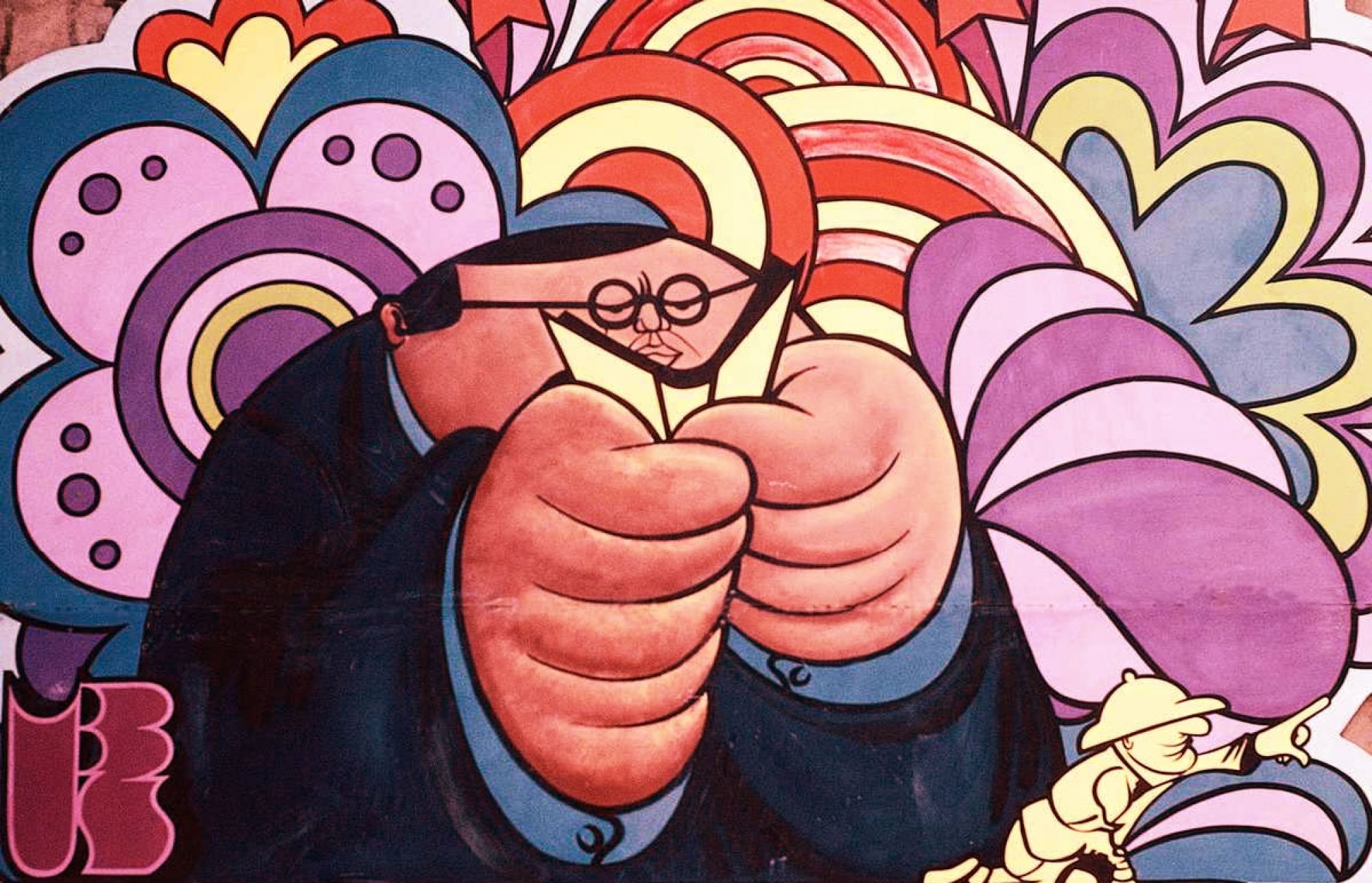Anna has returned from visiting her mother. Restless and unable to sleep, she wanders through her parents’ house, revisiting the scenes of her childhood. In a cupboard drawer, folded and pushed away from sight, she finds a sepia photograph of her grandmother, Hanna, whom she remembers as old and forbidding, a silent stranger enveloped in a huge pleated black dress. Now, looking at the features Anna recognises as her own, she realises she is looking at a different woman from the one of her memory. Set against the majestic isolation of the Scandinavian lakes and mountains, this is more than a story of three Swedish women. It is a moving testament of a time forgotten and an epic romance in every sense of the word.
( Courtesy of GoodReads, 299 pages )

